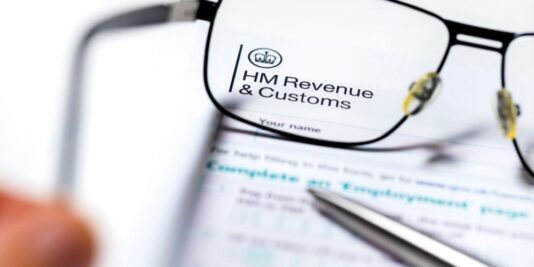Given HMRC’s increasing concerns about electronic sales suppression (ESS), the tax agency is launching a campaign of one-to-many letters, targeting businesses that may have outstanding taxes to pay after misusing their till systems to reduce their recorded sales.
ESS tools allow till systems to alter or hide individual transactions while creating a credible audit trail. This enables businesses to reduce their reported turnover and pay less tax – including Income Tax, Corporation Tax, and VAT – while appearing to be tax-compliant.
Using ESS software or hardware to adjust the value of transactions or only record a portion of sales, for example, is a form of tax evasion. HMRC is therefore sending informal warning letters to discourage this deception and ensure that any guilty parties make things right.





